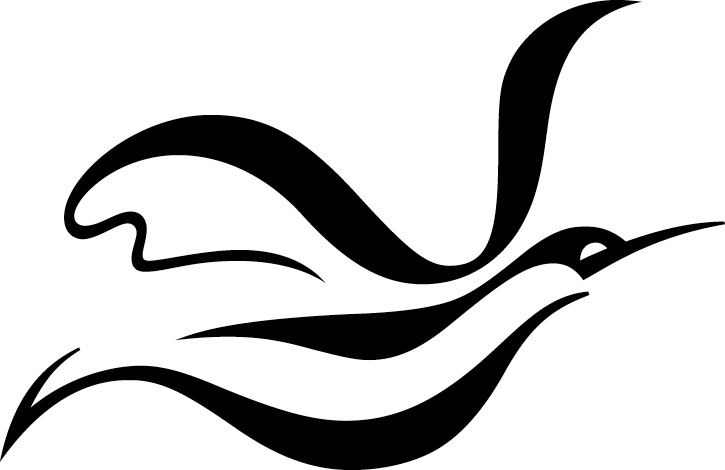What the Living Do
Living

THE PRIMARY reason I first turn to any book is curiosity. I wonder what will be inside it. Or I wonder why someone I know and trust loves it. Or I wonder why everyone I know loathes it. Or I’ve read the cover copy and wonder how our heroine’s life “will be changed forever” after she encounters whatever it is the flap-copy writer has said she will encounter. Or I wonder why this book remains on shelves hundreds of years after it was written, or why I’ve never heard of it before, or why an author I love has mentioned it on the radio, or why it caught my attention at a particular moment.
And my primary emotion at the start of any book is hope—hope that it will teach me something or delight me in some way. From the delightful books, I almost always learn something, even if it’s just how to experience delight. That’s a bonus. Good books often answer questions you didn’t even know you wanted to ask.
Once, on a breezy day, I met a woman in a small bookstore after a reading. She looked to be somewhere in her sixties. She told me that she had just lost her husband. She said she had never been a big nonfiction reader but that her husband had loved history books and biographies.
“In his last years, though, he was in too much pain to concentrate on reading,” she told me. “He kept starting books but couldn’t finish them. When he died, he left a big stack of books by his bed, all with bookmarks. Some of those books he had barely started. Others he’d almost read to the end.” She paused and then continued, “After he died, I didn’t know what to do. But then I figured it out. I decided to finish those books for him. I’m reading them, one at a time, start to finish. He couldn’t, so I will.”
Just because he was gone, she told me, his reading didn’t need to go with him. She read those books because she loved him; she read because she still could; she read because it helped her remember him.
Books and people are bound together. I can’t think about certain books and not about certain people, some living and some dead. The joy I’ve had from these books and from these people, and all I’ve learned from them, merge into one stream in my mind.
We can’t do much for the people we’ve lost, but we can remember them and we can read for them: the books they loved, and books we think they might have chosen. Maybe the reading can help us answer the questions they would have asked us if they were still here to ask them. Maybe the reading can help us figure out how to honor their lives and continue their legacies. And maybe the reading itself can help us answer one of the biggest questions we can ask ourselves: Why are we here at all?
Every book we’ve read and everyone we’ve known, living and dead, is with us. We can call upon all of them. I was reminded of this when a friend told me I had to read a collection of poetry called What the Living Do. It’s an extraordinary cycle of poems, published in 1998, by the American poet Marie Howe, related to the illness and death of a younger brother from AIDS.
One of the poems is called “My Dead Friends.”
MY DEAD FRIENDS
I have begun,
when I’m weary and can’t decide an answer to a bewildering question
to ask my dead friends for their opinion
and the answer is often immediate and clear.
Should I take the job? Move to the city? Should I try to conceive a child
in my middle age?
They stand in unison shaking their heads and smiling—whatever leads
to joy, they always answer,
to more life and less worry. I look into the vase where Billy’s ashes were—
it’s green in there, a green vase,
and I ask Billy if I should return the difficult phone call, and he says, yes.
Billy’s already gone through the frightening door,
whatever he says I’ll do.